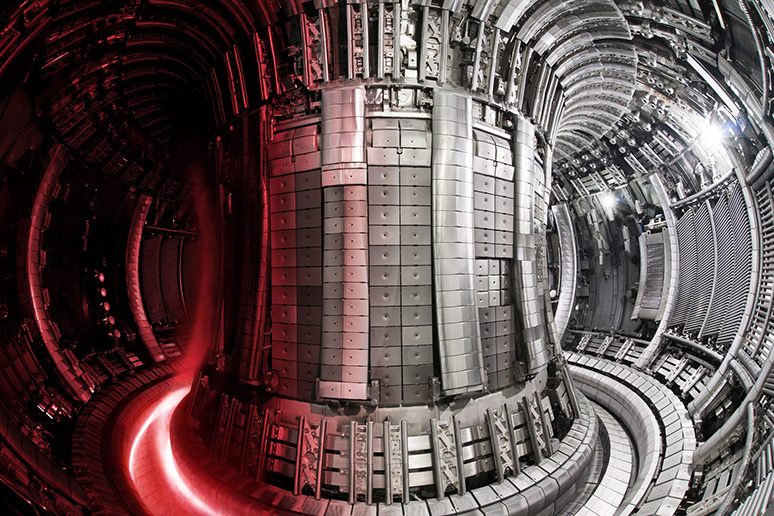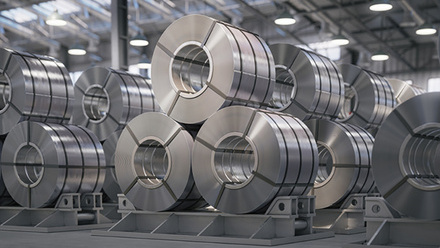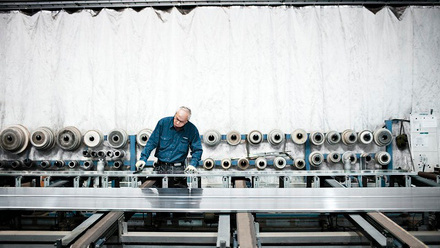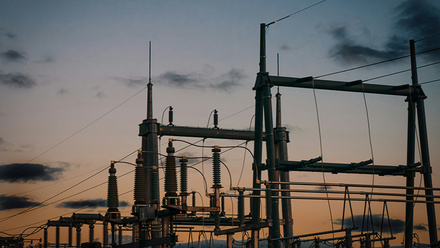UK Atomic Energy Authority partners with the University of Birmingham
The partnership will focus on the development of more resilient materials for fusion powerplants.

More resilient materials for the extreme conditions of fusion powerplants are being developed by the UK Atomic Energy Authority (UKAEA) and the University of Birmingham, UK.
The UKAEA will also sponsor a Chair in Fusion Materials at the university.
Last year West Burton A in Nottinghamshire was selected as the location to build the prototype fusion powerplant, the Spherical Tokamak for Energy Production, which will be delivered by UK Industrial Fusion Solutions Ltd.
To make fusion commercially viable, new materials will need to be designed that can withstand the highly energetic neutrons from fusion reactions.
The University of Brimingham has also recently commissioned its High Flux Accelerator-Driven Neutron facility, to add to their MC40 Cyclotron.
Initially the partnership will focus on irradiation studies to develop more radiation tolerant metal alloys, and using additive manufacturing that can withstand ultra-high temperatures.
'The University of Birmingham’s School of Metallurgy and Materials has a strong track record in the development of novel materials for extreme environments particularly through the design of novel compositions and microstructures,' says Dr Amanda Quadling, Director of Materials Research at UKAEA.







